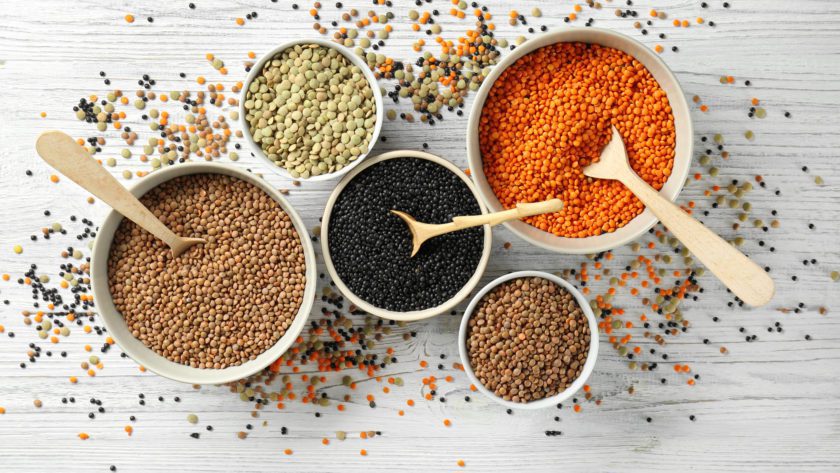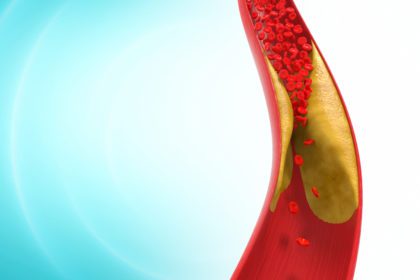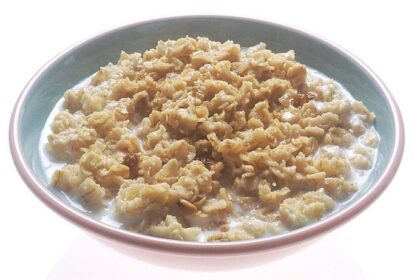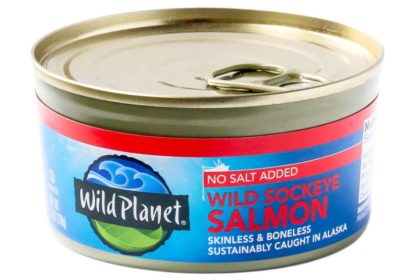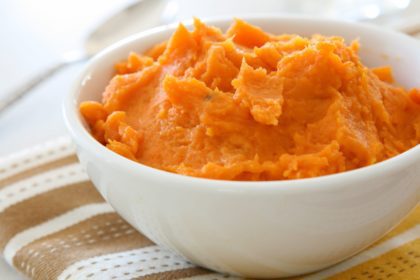According to the CDC, 80 percent of deaths from premature heart disease and strokes are preventable. Lifestyle changes, such as eating a healthy diet, exercising regularly, and not smoking, are particularly heart-smart, but studies show certain foods may help reduce your risk of heart disease. Here are top lifestyle-as-medicine picks.

Heart Healthy Foods
The following foods not only promote overall good health, but studies show they’ve been linked to:
- Lower cholesterol
- Lower blood pressure
- Reduced inflammation
- Less plaque within arteries
What’s good for your heart is good for your brain.
1. Oatmeal
All whole “intact” grains are good for your heart. Intact grains have not been refined and are still whole; have not been pulverized into flour. Oatmeal is rich in soluble fiber — known as the “Cholesterol Sponge”. Soluble fiber binds with cholesterol and gets rid of it as waste, thus keeping it out of the bloodstream.
In a 2016 analysis of 14 studies published in Circulation, for every serving of whole grains consumed daily compared to eating NO whole grains showed:
- 9% drop in cardiovascular disease (CVD) risk
In a 2014 analysis of 28 studies (2,519 people) published in American Journal of Clinical Nutrition revealed:
Eating at least 3 grams of whole grains daily showed:
- 9.6 mg/dL drop in LDL (“bad” cholesterol)
- 11.6 mg/dL drop in TOTAL cholesterol
Amount to eat: 3 grams of soluble fiber/day (3/4 cup of dry oats)
2. Apples
Apples are rich in antioxidants (flavonoids) like quercetin that have been linked to being cardio-protective. These fruits are a top source of soluble fiber
Study of 160 postmenopausal women who ste 75 grams of dried apples daily (equivalent to about 2 medium fresh apples) showed:
- 9% drop in TOTAL cholesterol (after 3 months); 13% drop (after 6 months)
- 16% drop in LDL (after 3 months); 24% drop (after 12 months)
3. “SMASH”
SMASH is an acronym that refers to five types of fish that you’re encouraged to eat: Salmon, Mackerel, Anchovies, Sardines, and Herring.
NOTE: Avoid King mackerel and Spanish mackerel. Eat US/Canada Atlantic, Atka, or Chub mackerel.
SMASH have health benefits, particularly due to being rich in omega-3 fatty acids that help reduce CVD risk, but low in mercury. SMASH are small, cold water fish.
In a 2017 analysis of 14 studies (1,378 people) published in Atherosclerosis, those who ate between 0.7 oz. and 5 oz of oily fish daily showed:
- 9.7 mg/dL drop in triglycerides
- 2.3 mg/dL increase in HDL (“good” cholesterol)
3.5 oz sardines contain nearly 1,000 mg (1 gram) of omega-3’s.
4. Walnuts
Walnuts are a good source of fiber, protein, and a variety of mineral and antioxidants. They contain high levels of plant omega-3’s called ALA (alpha-linolenic acid).
In a 2017 study published in Journal of the American College of Cardiology, those who ate one ounce of nuts for five or more days per week showed:
- 14% lower CVD risk
A 2017 study published in Clinical Nutrition showed:
- Walnuts improved blood flow through arteries and into the heart (improved endothelial function)
Eat these heart healthy foods in place of unhealthy foods, e.g., add nuts to salads instead of cheese; eat a handful of nuts instead of chips.
5. Lentils
Lentils are a part of the category of pulses. Pulses are the dried edible seeds of certain plants which include lentils, beans, chickpeas, and dry peas and are known for their heart-health benefits. They are high protein and fiber, yet low in fat.
Compared to beans which need to soak and cook for one or more hours hours, lentils cook in 20 minutes or less. Lentils are also rich in potassium and folate which are linked to lower blood pressure.
A 2014 analysis of 26 clinical trials, subjects who ate one serving of pulses per day (about 2/3 cup) showed:
- 6.6 mg/dL drop in LDL cholesterol

![]()
Karen’s Fit Tip: Eat one of more of these heart-healthy foods everyday. As a general rule, focus on whole “intact” grains, healthy fats, plant-based proteins, and a colorful variety of fruits and vegetables.

